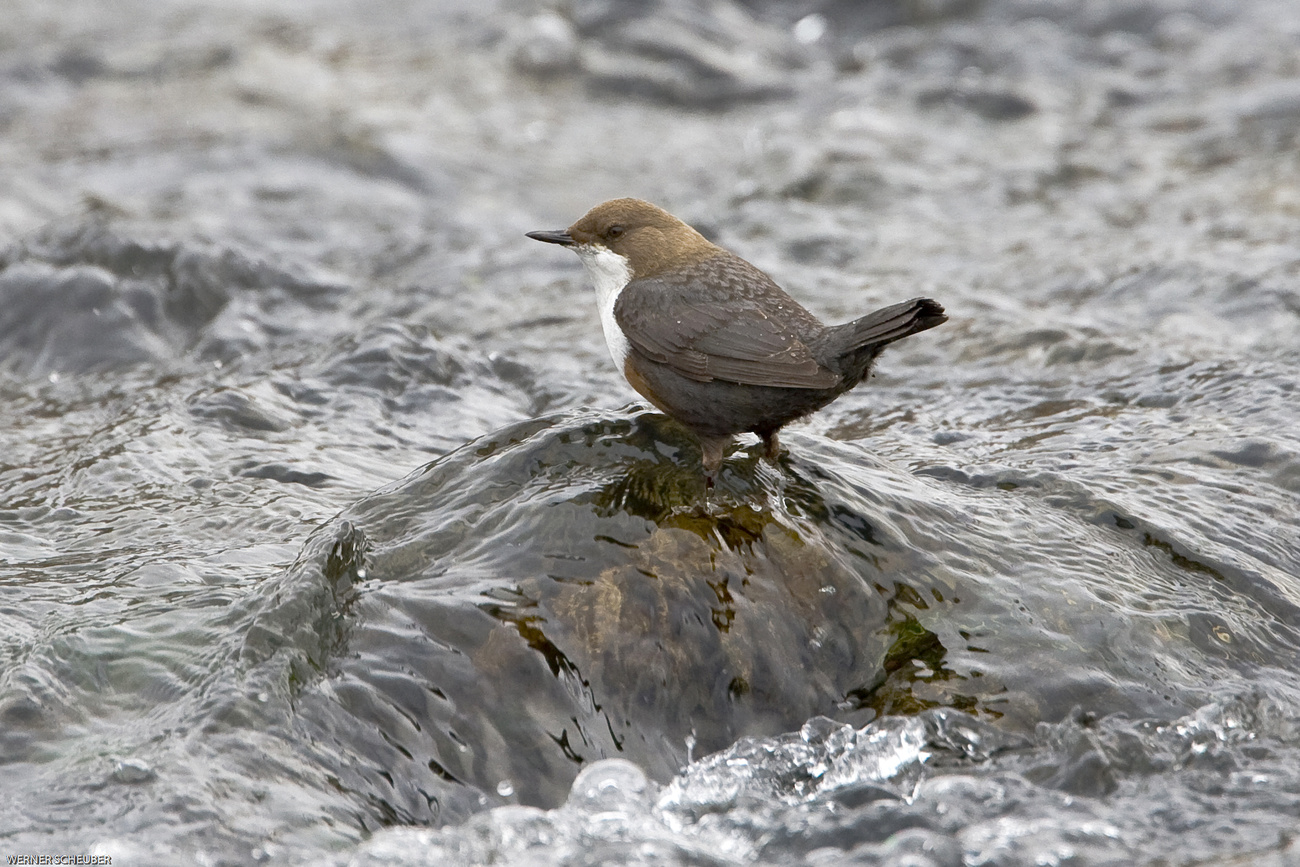
A third of swift nests in Europe contain plastic

One in three swifts' nests is contaminated with plastic waste, even though these birds hardly ever touch the ground. This is the first study on the interaction of airborne plastic and an animal species.
“Alpine swifts can stay in the air for eight months without interruption, black swifts for ten months,” Livio Rey, from the Swiss Ornithological Institute in Sempach, told news agency Keystone-SDA. To build nests, they collect material in the air and paste it with their saliva.
+Get the most important news from Switzerland in your inbox
Plastic pollution in the sea is a known problem, but the fact that animals that live almost exclusively in the air can be affected has not been considered until now, writes a team led by Spanish scientists in the journal Science of the Total Environment.
For the study, in which the Swiss Ornithological Institute also participated, 487 nests of the three European swift species were analysed in seven countries, including Switzerland.
The result: 36.5% of the nests contained plastic waste, a figure that rises to 85% in the case of the pallid swift. Experts assume that this is due to the fact that pallid swifts are found more frequently in urban regions.
Effect of plastics
The study did not deal with the consequences of this pollution for the swifts, but did observe four birds that had become entangled in pieces of plastic. According to the authors of the study, this is a serious risk. Furthermore, the chemicals contained in the plastic could be harmful to the birds.

More
You’re in luck if you spot these Swiss birds
It is also possible that the use of plastic has advantages for the birds, such as better thermal insulation of the nests. However, all this needs to be studied.
Adapted from Italian by DeepL/ac
We select the most relevant news for an international audience and use automatic translation tools to translate them into English. A journalist then reviews the translation for clarity and accuracy before publication.
Providing you with automatically translated news gives us the time to write more in-depth articles. The news stories we select have been written and carefully fact-checked by an external editorial team from news agencies such as Bloomberg or Keystone.
If you have any questions about how we work, write to us at english@swissinfo.ch

In compliance with the JTI standards
More: SWI swissinfo.ch certified by the Journalism Trust Initiative



























You can find an overview of ongoing debates with our journalists here . Please join us!
If you want to start a conversation about a topic raised in this article or want to report factual errors, email us at english@swissinfo.ch.